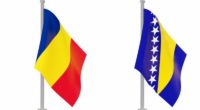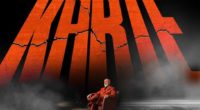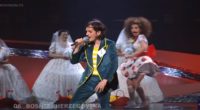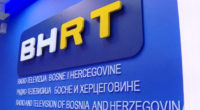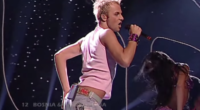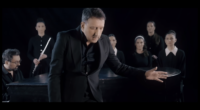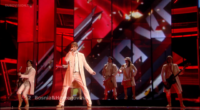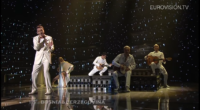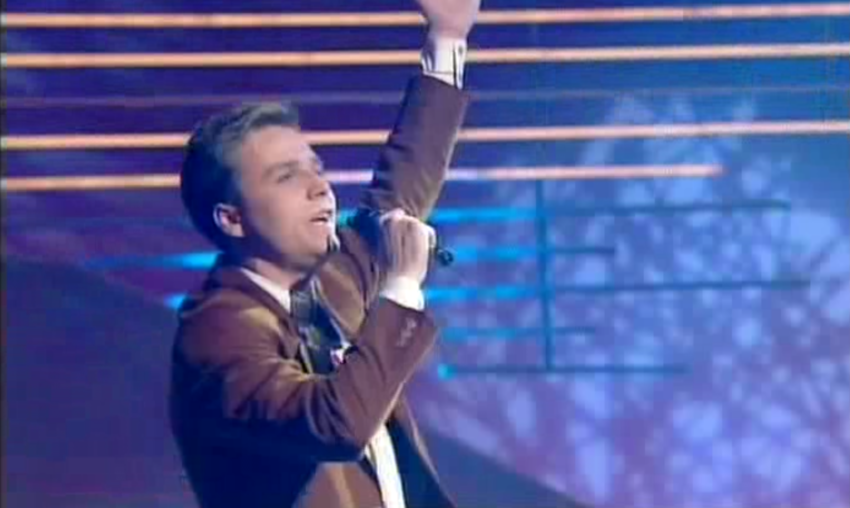
Remember Bosnia and Herzegovina’s first participation in the Eurovision Song Contest as an independent country in Millstreet in 1993? This very emotional moment and the circumstances about the delegation’s dangerous travel from Sarajevo’s war zone to Ireland will soon be perpetuated on the movie screen as a feature film with the working title “Sarajevo Calling”.
Back in 1993, Sarajevo was in the middle of the Bosnian war, besieged by Serb forces. Despite the impossible conditions the Bosnian and Herzegovinian national broadcaster managed to arrange the national final on 27th February 1993, where 11 songs were performed in the final. After Muhamed Fazlagić Fazla won the national final with the song Sva Bol Svijeta, he went to Ljubljana (Slovenia) on 3th April, where “Qualification for Millstreet” were held. 7 countries from Eastern Europe were competing for 3 tickets to the final of the Eurovision Song Contest and Fazla, beside Croatia and Slovenia, won one of those. In 1993 Fazla was 24 years old and an aspiring singer when the war in his home country began. At one point he joined the Bosnian army in an attempt to protect the city. He joined a special unit of singers, composers and musicians, who played concerts when people needed relief from the siege.
About his journey to Irland Fazla tells:
“An army guide put me into a group with the guitarist and two girls – our back-up singers. Then he told us to run up to the mountains and not get shot. The Serbs were shooting all night long, but it was nothing different to any other time really,” he says. “We were being shot at in the town too!”
The Bosnian and Herzegovininan conductor, Sinan Alimanović, was meant to arrive to Irland a few weeks later, but by then fighting in Bosnia was so intense that he couldn’t made it. The famous Irish conductor, Noel Kelehan, ended up taking his place. After Milstreet most of the band went back to besieged Sarajevo.
The story about the Bosnian and Herzegovinian delegations perilous journey from Sarajevo to Millstreet generated significant interest to Jonathan Ellen, a writer from England. He explains why:
“I was always interested in Bosnia and Herzegovina. In 1993 I was 11 years old and that was when I used to record Eurovision on VHS. I remember so clearly Terry Wogan saying at the start of the Bosnian and Herzegovinian song, that they had to make a run for the plane and the conductor didn’t make it. For years I wondered what had happened to the Bosnian conductor. Then the Internet arrived and I stared researching the Fazla band. I was chatting with a friend, who works at BBC films, and he said the story of the conductor would make an excellent film. But the more I researched the more I realized it was Fazla’s story that needs telling and that’s when I tracked Fazla down.”
This article is exclusive for EuroVisionary, and the first part of a two-part series about making the Bosnian and Herzegovinian Eurovision entry from 1993, Sva Bol Svijeta, into a movie.
Please stay tuned for part two.
